November 2024: Tactical Optimism
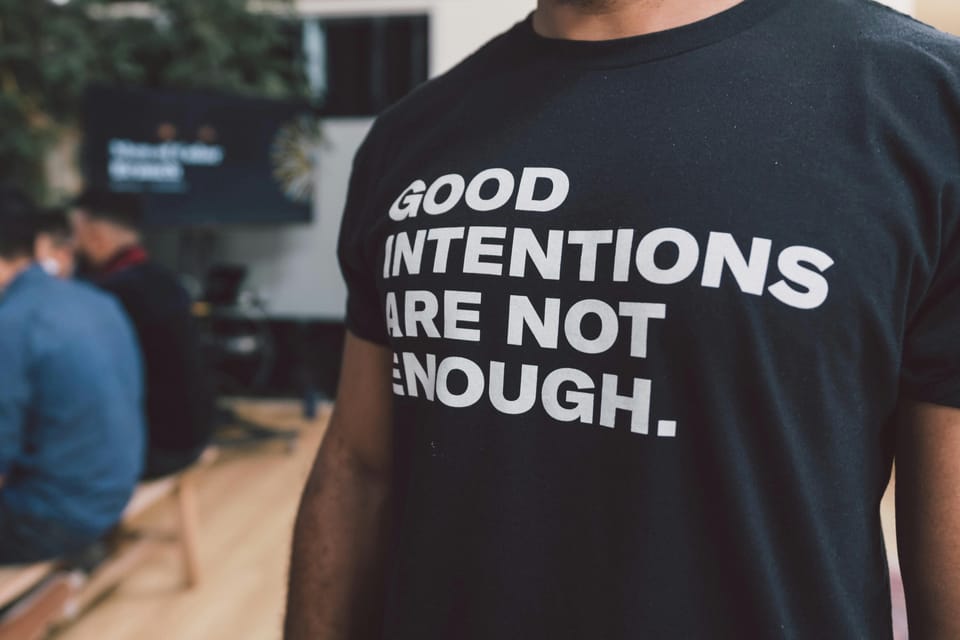
Welcome to 8th House! Here's a few helpful links if you're new in town:
- More about the vision behind 8th House
- Welcome post for paid subscribers to leave questions in the comments!
- October’s free Q&A mailbag on grantwriting fears and red flags
- September’s free Q&A mailbag on grantwriting basics
- September subscriber newsletter on money, power and fundraising under capitalism
- Register here for November 16th prospect research workshop
- Register here for December 7th grantwriting master class
“If you ever think of me and you ain’t gonna do no revolutionary act, forget about me. I don’t want myself on your mind if you’re not going to work for the people.”
—Fred Hampton
Full disclosure: this was not the newsletter I thought I'd be writing this week.
I had grand, ambitious plans for a very nice post about gratitude that was going to involve going back to some of my fundraising career mentors to thank them for their guidance and ask them to share one piece of advice with you all. It was a fun idea and I will probably still do it, but for obvious reasons, I am not doing it today.
I don't know where you're falling, on this particular day and time, on the rage-to-heartbreak spectrum, or what your own ups and downs have been since the 2024 presidential election was called. I saw the news about 9 am on Wednesday morning, and simply did not get out of bed that day, alternating between social media doomscrolling (I deactivated my Twitter! find me on Bluesky!) and desperate attempts at distraction to fend off an impending panic attack. I had a meeting, and a doctor's appointment, and two grant reports to send out, and I couldn't do any of it. I just crawled back under the covers like a sad little burrito and tried, unsuccessfully, to turn off my brain.
Thursday was a little better than Wednesday, and Friday was a little better than Thursday, and then Saturday I couldn't get out of bed until dinnertime again. Now it's Sunday, and the sky is gray, and I'm sitting on my couch drinking coffee and looking out the glass doors leading to my balcony where I can see beautiful autumn leaves below me and Mount Hood in the distance across the river, and I'm thinking about where we go from here.
First and foremost: we don't give up on our missions and our work. I'll be offering a hands-on workshop next Saturday on Prospect Research (i.e. how to find new grants to apply for) and there's still room in the December Grantwriting Master Class. Find all the registration info for current classes here! And if you've been thinking about joining the South Sister or Mount Hood cohorts, in order to get more in-depth coaching and support for either you or your nonprofit, now's a great time (more info here). We'll be rallying on Tuesday evening for our first small group cohort gathering to kick off the year, set goals, and probably do some cathartic venting. I hope you'll join us; I'm excited about the group we have gathered so far and really hopeful about the change we can create together.
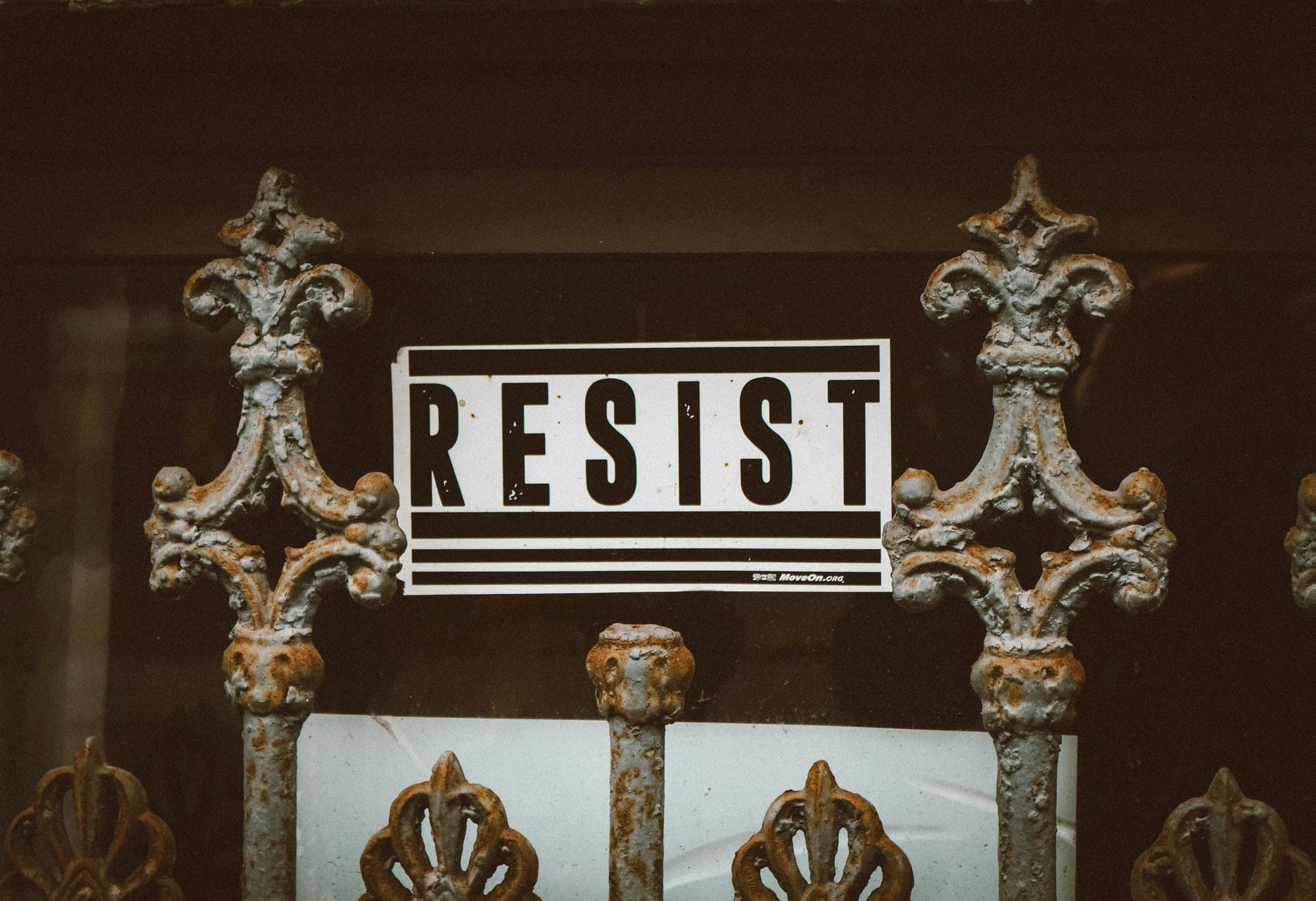
Every December I take Lindsay Mack's "Thresholds" workshop through their Wild Soul Tarot curriculum, which is designed to bridge the closing of one year and the beginning of the next through reflections on the tarot card of each year (determined by adding up the numerals in the year and finding the card in the Major Arcana which corresponds to that number). The first one I did was in 2021, which was a Hierophant year, the fifth card of the cycle (2+0+2+1 = 5), transitioning into The Lovers, which is #6. The Hierophant is often called the High Priest or the Pope and is associated with tradition, hierarchy, authority, and wisdom passed down from previous generations, while The Lovers is about balance and unity and connection. I was really struck by the way Lindsay talked about this transition in the context of current events, that 2021 was a year for many of us when we realized that a lot of institutions failed us. We thought voting Trump out of office would make him go away and it didn't. We thought electing a Democrat would mean a permanent commitment to robust, meaningful COVID protections, and that the 2020 protests would shape government policies more than they did. Lindsay explained that maybe the real lesson of exiting 2021 and entering 2022 was simply that no institutions were coming to save us; maybe mutual aid and community support was the only way forward, because we are all we have and people are more trustworthy than systems.
My girlfriend Alice is British. This is what she texted me after the election:
"Remember that I love you very very much and I also love the America I see whenever I visit you, the people and the culture and the land, and no one can take that away from you or from anyone."
What I remember most vividly about the first Trump administration, in terms of its practical daily effects on my mental health, was the tidal wave of horrors every day . . . sometimes including things it had never occurred to me to worry about. Every time I went to bed I was anxious about what fifty new pieces of bad news I'd wake up to in the morning. I don't think our nervous systems are equipped to survive another round of that; at any rate, mine isn't. And that's a deliberate tactic of authoritarianism, after all: to overwhelm us until we lose the energy to fight, or can't pick a direction to focus. And I think the only way to fight through it is for each of us to identify the small handful of places where we have the ability to move the needle, and go as hard as we can. Now is the time to run for school boards, get to know your local elected officials, find out what your neighborhood food pantries and shelters always run out of first. We can't rely on systems and institutions to save us; as Lindsay often says, we have to be our own Hierophant, trust our own wise knowing, find our own paths through the woods. That's the piece no one can take away.
If you're looking for a place to put your frustration and grief, here are a couple options:
--Mobilize is coordinating ballot curing events for a number of Democrat representatives through Tuesday November 12th, something which could turn out to be a crucial tool in keeping the House. Ballot curing means a person already voted, but there was some kind of problem with their ballot and it needs to be filled out again. If you're nervous about phone banking, this is a great place to start; these are people who will be thrilled and relieved to get this call so they can ensure their vote is properly counted.
--The Senate has until Trump's January inauguration to fill a long list of vacancies in judicial positions and federal regulators, who cannot be removed by a president. If they don't act now, Trump will appoint his own people to fill those slots. Celeste Pewter has a great post on Instagram with instructions and a script for how to call your senator and press for action on this, including a special script for anyone in New York who is a constituent of Majority Leader Chuck Schumer.
--Read up on Project 2025 and the GOP's plans for a second Trump term, to learn how they'll specifically affect your organization's work. (Here's a great explainer from Democracy Forward and another from Vox Media specifically on Trump's proposed tariffs.) To the extent that hearts and minds are changeable with access to better information (some aren't!), it may be useful to have specific language at the ready to explain the impacts your communities may see. Will costs of your services go up? Are your employees considering relocation for safety reasons? Do you offer programs that may become illegal or high-risk under new regulations? As someone who works a lot with theatre companies, for example, I want my clients prepared for what might be significant budget cuts to the National Endowment for the Arts under a GOP-led Congress, and also mobilized to serve as vocal advocates against free speech attacks like book bans, censorship, and persecution of schools and libraries.
For myself, I'm thinking a lot about the transition from 2024 to 2025 in the language of tarot, as a journey from a Strength year (the 8th card of the Major Arcana, depicting a young maiden beside a tamed lion, often read as an invitation to confront the situations in our lives which frighten us with an open, undefended heart, even when doing so is dangerous) to a Hermit year (the 9th card, a powerful invitation to look inward and be rooted in the present moment). It may seem counterintuitive, in a Hermit year, to be thinking about 2025 as a call to invest deeply in community and the world around us, when the figure depicted on the card is the classical archetype of doing the exact opposite. But maybe the secret here is self-awareness . . . not just how to cultivate it in ourselves, but how we guide and encourage it in others. Are we honestly confronting our own internalized biases, the limitations of our media environment, our perceptions of what went wrong and whose fault it is, searching for information that confirms our priors? Would we rather be right than kind? Are we afraid to be as brave as we need to be or publicly stand behind our values (as individuals and as organizations) because of the people who might be turned off by it? That's deep inner work, and it shapes how we live in the world.
After all, the whole reason people became hermits in the first place was a forceful, all-consuming resistance to the existing social order; they were declining to participate in a society they viewed as corrupt, so they ran away to the desert to live as they pleased. Early church history includes a wide array of colorful characters who were born and raised as biological women but left the world behind to live in isolated hermit communities as monks, using male names and pronouns. It's always been a radical act, the last straw for a person who simply can't go on one day longer pretending that the world around them is a place where they can live their best life. Maybe we ditch the ascetic fundamentalism (the fasting, the hair shirts, the vows of silence) and keep the ideas we still need: that humble self-knowledge is a key component of solidarity, that we aren't obligated to let the world define who we are, that powerful change can come through scrappy misfit communities banding together and saying "This system doesn't speak for us."
In the words of Thomas Merton, a 20th-century Trappist monk who lived much of his life in isolation at a monastery in Kentucky:
“Do not depend on the hope of results. You may have to face the fact that your work will be apparently worthless and even achieve no result at all, if not perhaps results opposite to what you expect. As you get used to this idea, you start more and more to concentrate not on the results, but on the value, the rightness, the truth of the work itself. You gradually struggle less and less for an idea and more and more for specific people. In the end, it is the reality of personal relationship that saves everything.”
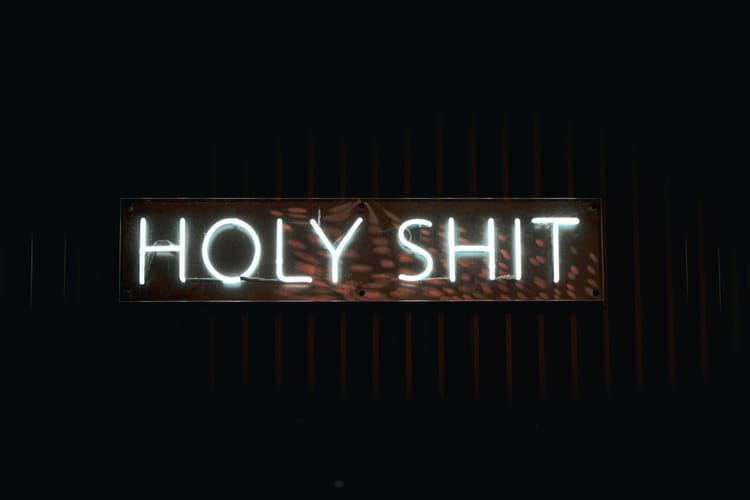
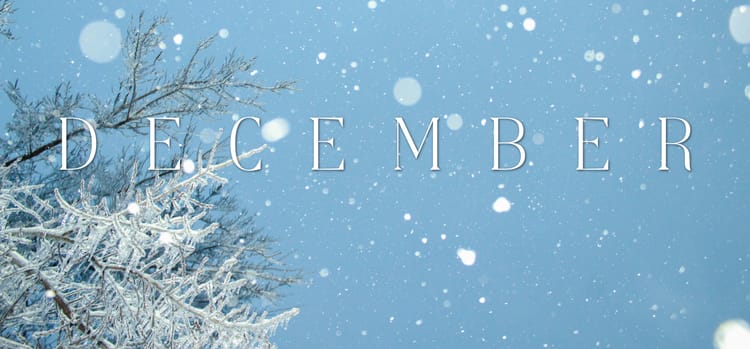
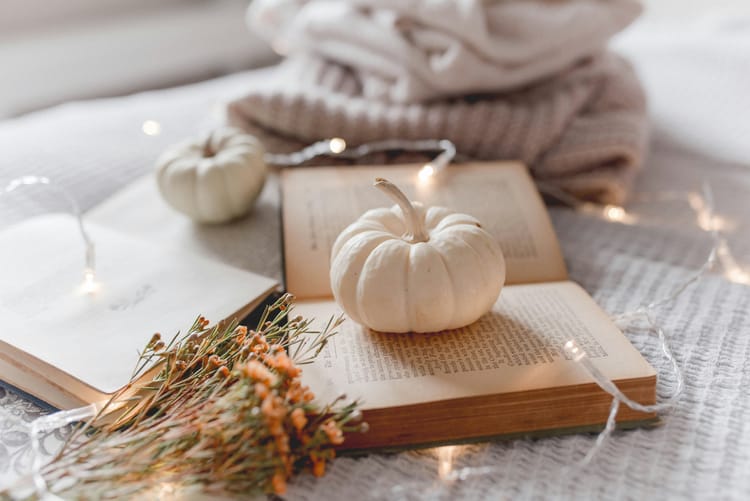

Member discussion